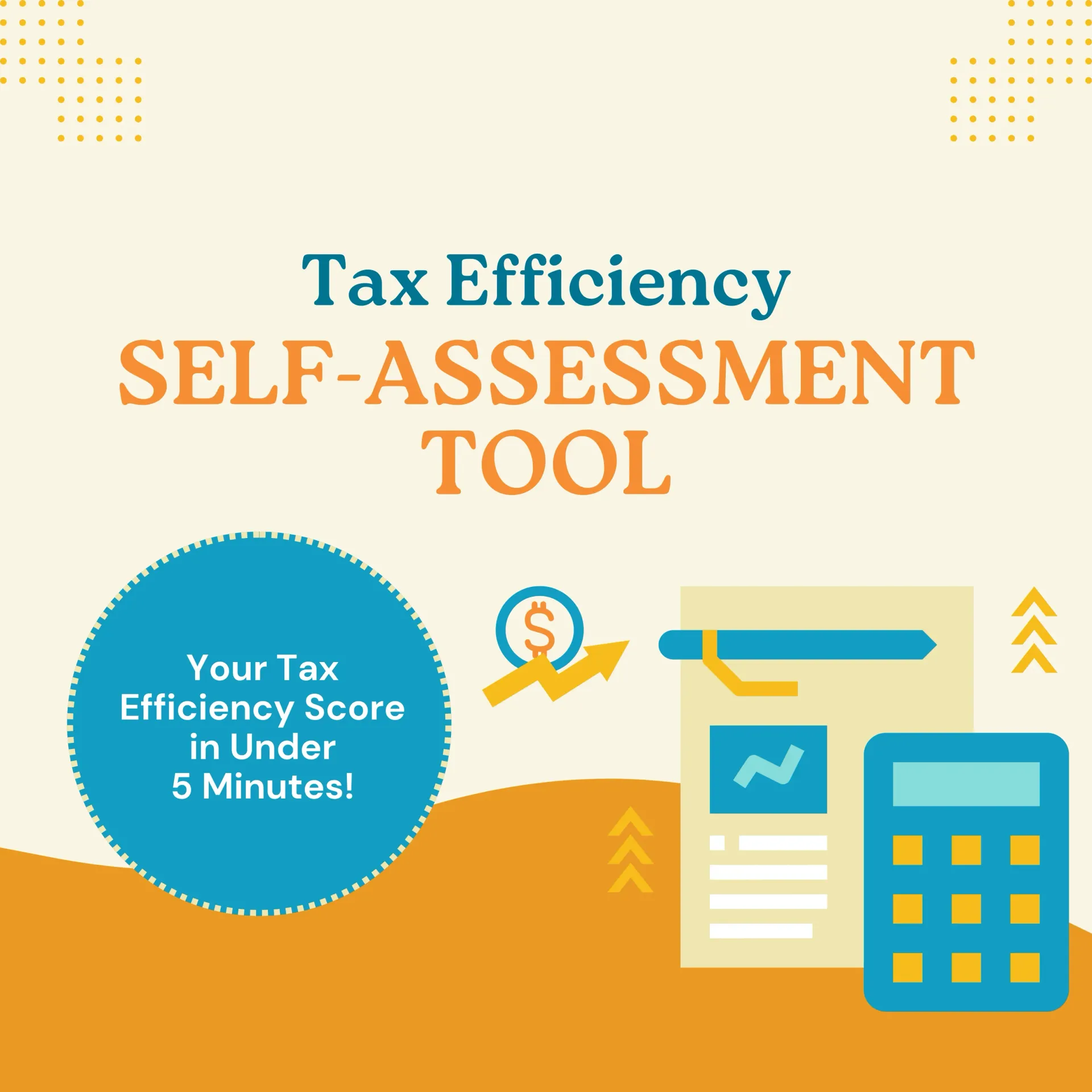How to Avoid Common Accounting Mistakes That Sink Startups

Why So Many Startups Fail (Hint: It's the Books)
It’s no secret that many startups don’t make it past the first few years. In fact, studies show that nearly 9 out of 10 startups eventually fail—and poor financial management is often at the center of it all. While it’s easy to get caught up in product development, marketing, or chasing investment rounds, the truth is: accounting mistakes for startups can be fatal.
From startup financial management blunders to bookkeeping for startups gone wrong, the list of errors is longer than most founders expect. Straight Talk CPAs has worked with enough early-stage businesses to know where things tend to fall apart. And more importantly, how to avoid it. If you’re an entrepreneur trying to keep your business afloat, avoiding these common startup accounting errors might just be what saves your company.
Let’s walk through the biggest financial pitfalls new businesses face—and how to dodge them like a pro.
1. Mixing Personal and Business Finances
This one trips up a surprising number of founders. At first, it might seem harmless to put a business lunch or office chair on a personal card. But over time, those little charges add up—and suddenly you’re neck-deep in a tax nightmare.
Why it matters:
Mixing personal and business expenses makes
bookkeeping messy, taxes confusing, and audits painful. It also undermines your ability to understand the true financial health of your startup.
How to fix it:
Open a separate business bank account and credit card from day one. Use proper accounting software to track every dollar. And stick to it, no exceptions. This keeps everything clean and gives you accurate financial reports when you need them.
2. Ignoring Cash Flow
Revenue might be coming in—but if the timing doesn’t line up with your expenses, you could still find yourself unable to make payroll.
Real talk:
Profit doesn’t mean cash. We’ve seen businesses that were technically “profitable” close their doors because they couldn’t cover short-term expenses.
What helps:
Create a rolling cash flow forecast. Look ahead 3-6 months and track expected income and outgo. Build a cushion wherever possible. Even if things look tight, having that foresight gives you options—whether it’s adjusting payment terms or cutting unnecessary costs.
3. DIY Bookkeeping Gone Wrong
Startup founders are often juggling everything—marketing, hiring, pitching investors. Accounting? That gets pushed to the side… or handled on a spreadsheet after midnight.
The risk:
Inaccurate records, missed deductions, unpaid taxes, and misinformed decisions. Not to mention the panic when tax season rolls around.
A better way:
Hire a professional—or at the very least, use solid accounting software that syncs with your bank. Tools like QuickBooks or Xero can automate a lot, but having a CPA for startups on call (like the team at Straight Talk CPAs) means you catch issues before they snowball.
4. Misclassifying Workers
Here’s one that can land you in serious trouble: treating employees like independent contractors to save on taxes.
Why it’s a big deal:
The IRS and state tax agencies have strict rules about this. Misclassifying workers can result in hefty fines, back taxes, and penalties.
Pro tip:
If you’re not sure how to classify someone, ask a professional. And make sure you’re handling payroll correctly—this isn’t something to wing.
5. Not Budgeting (or Sticking to It)
It’s easy to get swept up in spending when you’ve got new funding or a spike in sales. But without a clear budget, it’s just too tempting to overspend on flashy tools, overhire, or lock into expensive contracts.
What we recommend:
Set a realistic budget that covers fixed costs, variable costs, and reserves for surprises. Review it monthly. If you overspent, find out why. If you underspent, that’s a win—but still understand what happened.
A budget isn’t just a spending cap—it’s a roadmap.
6. Forgetting About Taxes Until It’s Too Late
We’ve seen more than a few startups scramble when tax time hits. Some don’t file on time. Others miss quarterly estimates. And some forget altogether that sales tax, payroll tax, or franchise tax even applies to them.
The danger:
Late fees. Interest. Penalties. And possibly an audit. Not exactly how you want to spend your spring.
How to stay ahead:
Know your tax deadlines. Set calendar reminders. And get help with your filings, especially if you're operating in multiple states or selling online. Straight Talk CPAs helps founders avoid tax issues for startups by keeping compliance front and center.
7. Not Preparing for an Audit
No one thinks it’ll happen to them—until it does. Whether it’s a random IRS audit or one triggered by red flags, you need to be ready.
What you can do:
Keep clean, organized records. Save receipts. Document large purchases. And if you’re claiming deductions, make sure they’re legitimate and clearly tracked.
The startups that breeze through audits? They planned for it. The ones that panic? Usually didn’t.
8. Underestimating the Importance of Financial Reporting
You’d be surprised how many founders can’t answer basic questions about their financials. What’s your gross margin? How much runway do you have? What’s your burn rate?
This matters:
If you’re talking to investors, banks, or even just trying to make smart decisions, you need those numbers at your fingertips.
What helps:
Monthly financial statements—income statement, balance sheet, cash flow statement. Even if you don’t love digging into the numbers, reviewing them monthly helps you spot problems early and track growth over time.
9. Overlooking Professional Help
It’s tempting to cut costs when money’s tight. But trying to do it all alone often ends up costing more in the long run. Especially when it comes to finance.
What we’ve seen:
Startups that bring in a CPA early tend to avoid major headaches later. They’re more prepared for tax season, they avoid cash crunches, and they grow with confidence. Straight Talk CPAs works with startups across industries to build strong financial foundations that actually support growth—not just survival.
Final Thoughts: Keep Your Startup Out of the Danger Zone
Starting a business is hard enough without financial landmines getting in the way. The good news? Most of the common accounting mistakes for startups are preventable—with a little knowledge and the right support.
Don’t wait until things break. Proactive financial management isn’t just about avoiding disaster—it’s about setting yourself up to scale, secure funding, and actually enjoy what you’re building.
If you're looking for expert help, Straight Talk CPAs is here to cut through the noise, get your finances in order, and give your startup the clarity it needs to thrive.
Discover Your Tax Savings Score in Minutes!


Salim is a straight-talking CPA with 30+ years of entrepreneurial and accounting experience. His professional background includes experience as a former Chief Financial Officer and, for the last twenty-five years, as a serial 7-Figure entrepreneur.
Recent Posts
Straight Talk CPAs offers virtual CPA and CFO services dedicated to boosting your business profits and minimizing taxes. Our tailored approach is perfect for businesses and individuals seeking personalized guidance from a reliable CPA partner.
Phone: (732) 566-3660
Our Services
Straight Talk CPA's. All Rights Reserved. | Powered by CPA Marketing Genius | Privacy Policy | Terms & Conditions | Disclaimer




